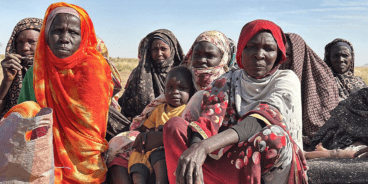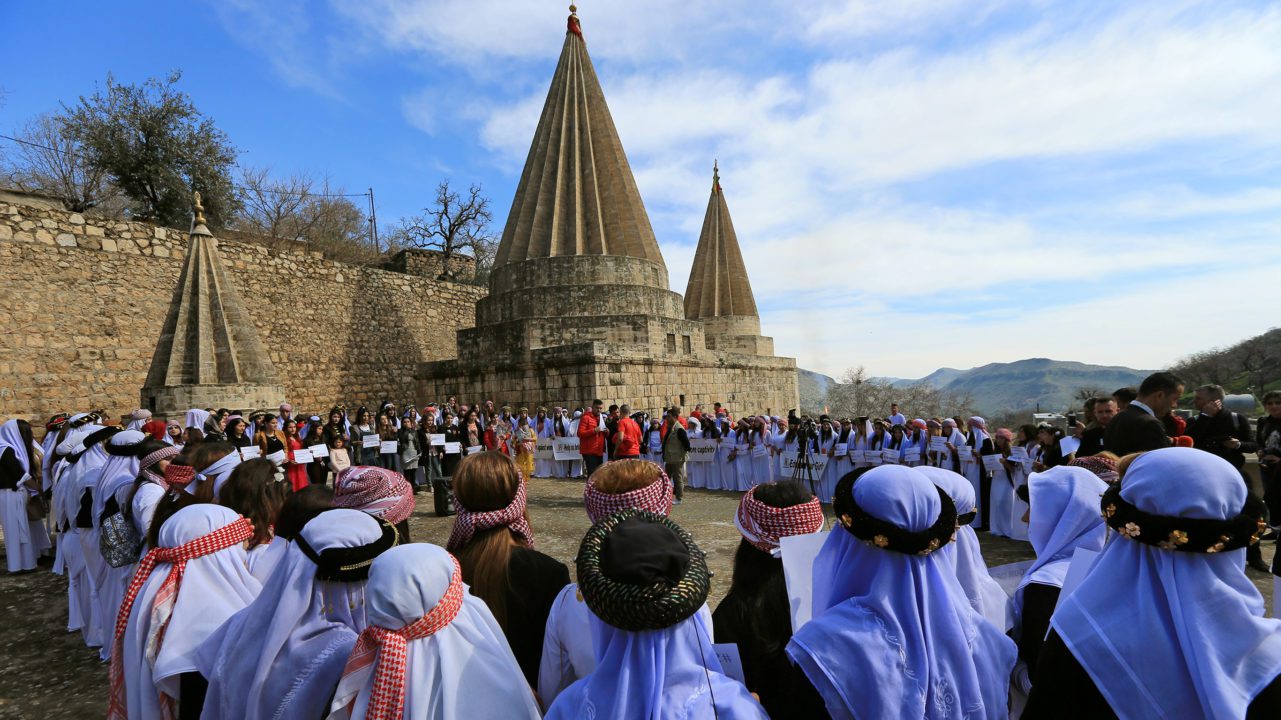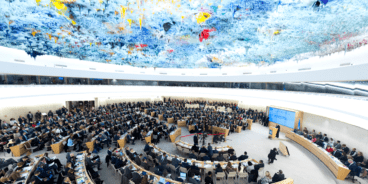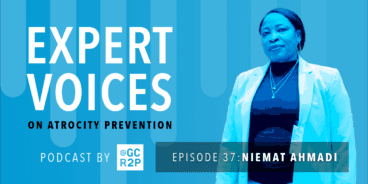

Statement on the Fifth Anniversary of the Genocide Against the Yazidi
Tomorrow, 3 August, marks five years since the armed extremist group the Islamic State of Iraq and the Levant (ISIL) launched a campaign of atrocities in northern Iraq. For centuries the Sinjar region has been home to the world’s largest population of Yazidis, and during its offensive ISIL committed genocide against the distinct ethno-religious minority group. ISIL’s attacks were part of a wider campaign to destroy the diverse mosaic of ethnic and religious minority communities across the Nineveh plains, including Christians, Shabaks, and Turkmen.
The UN Commission of Inquiry on the Syrian Arab Republic has noted that ISIL committed genocide and “sought to destroy the Yazidis,” subjecting them to “unimaginable horrors.” In the weeks following 3 August 2014, ISIL executed over 5,000 Yazidi men and boys, and subjected over 7,000 women and girls to prolonged abuse, sexual violence and enslavement. Pre-pubescent Yazidi boys were separated from their families, forced to convert to Islam, and recruited as child soldiers. ISIL also systematically destroyed sites of historical and cultural significance to Yazidis, including more than 60 temples.
Despite the subsequent military defeat of ISIL, approximately 3,000 Yazidis remain missing and tens of thousands remain in displacement camps, unable to return to their villages due to continued insecurity.
During November 2018 the UN Assistance Mission for Iraq (UNAMI) and the Office of the High Commissioner for Human Rights (OHCHR) documented 202 mass graves in territories formerly occupied by ISIL, estimating that up to 12,000 victims may be buried at these sites. During 2017 the UN Security Council established the UN Investigative Team for Accountability for Da’esh/ISIL (UNITAD) to preserve and protect evidence. Earlier this year UNITAD began the process of exhuming mass graves at three sites in Iraq, including areas of Sinjar.
As we mark the fifth anniversary of the start of the Yazidi genocide, the international community should intensify efforts to ensure justice for the victims and survivors of these atrocities. So far, not a single ISIL member has been held legally accountable for mass atrocity crimes perpetrated against Yazidis, Christians and other minority populations in Iraq. Iraqi courts have prosecuted thousands of ISIL members (including foreign fighters), but have relied exclusively on counter-terrorism laws, hanging the condemned after rudimentary trials.
The government of Iraq should expeditiously adopt enabling legislation to incorporate genocide, war crimes and crimes against humanity into domestic law. In addition to criminal accountability, a comprehensive victim-centered approach is needed, addressing the right of survivors to truth, justice and reparations. The underlying political and social conditions that allowed ISIL to exploit religious and ethnic divisions within Iraq must also be confronted and combated. Not doing so risks recurrence.
Now is the time for the Iraqi government to work with the international community to establish a credible and transparent legal mechanism to hold ISIL members accountable in front of the survivors of their atrocities and the eyes of the world.
Related Publications


Recommendations for the 48th Session of the Universal Periodic Review
